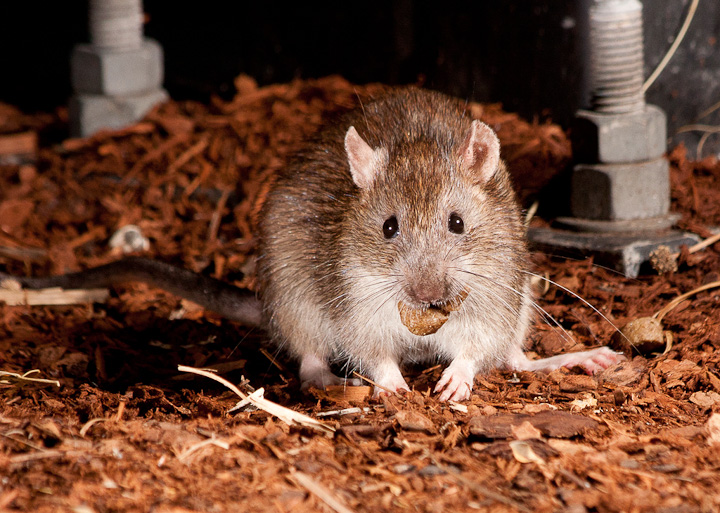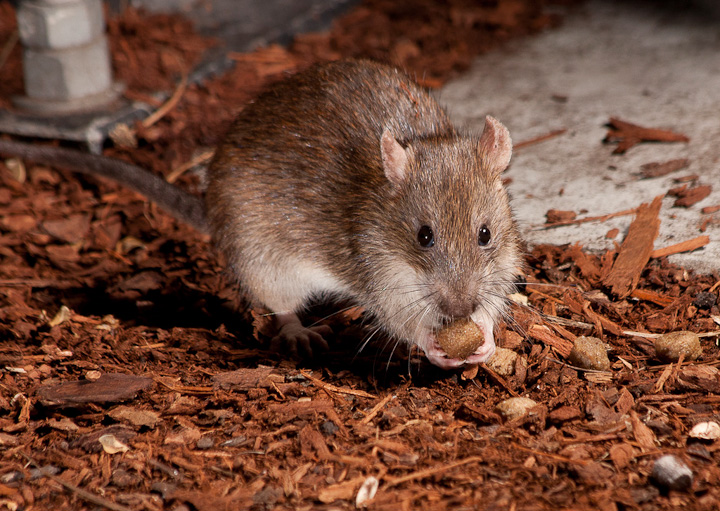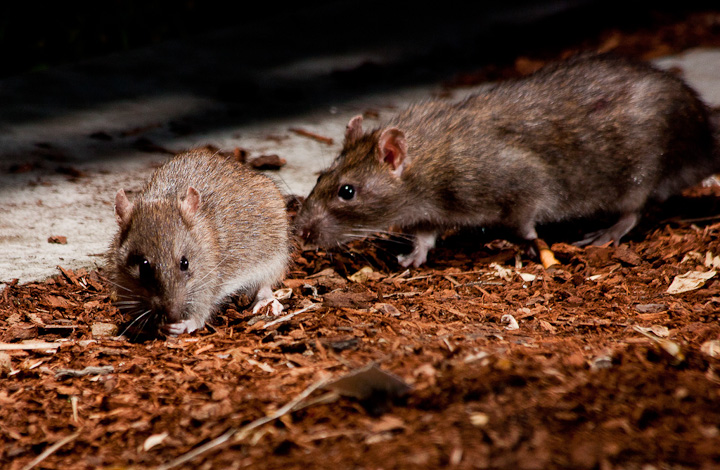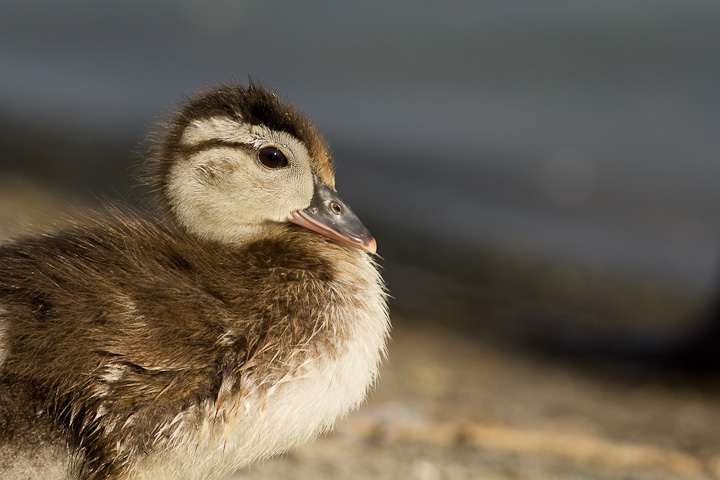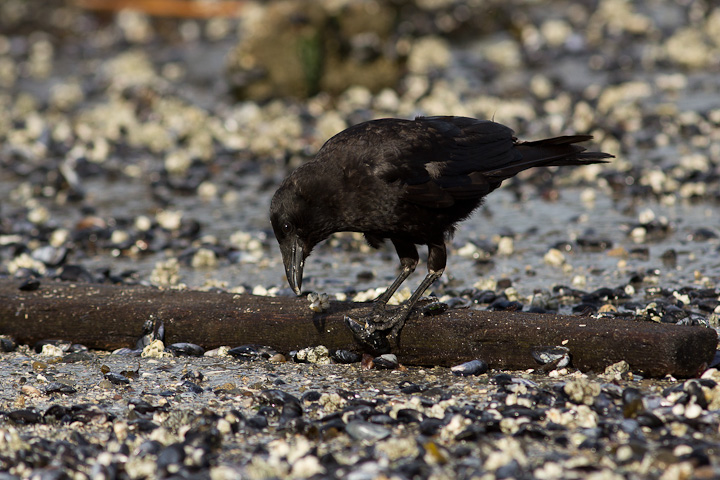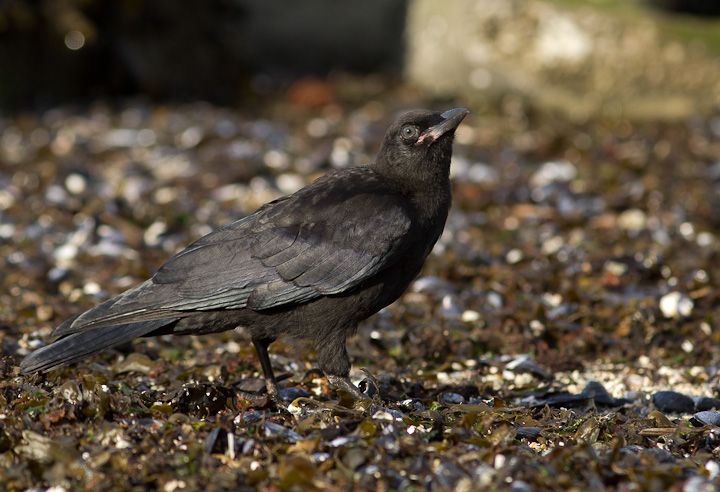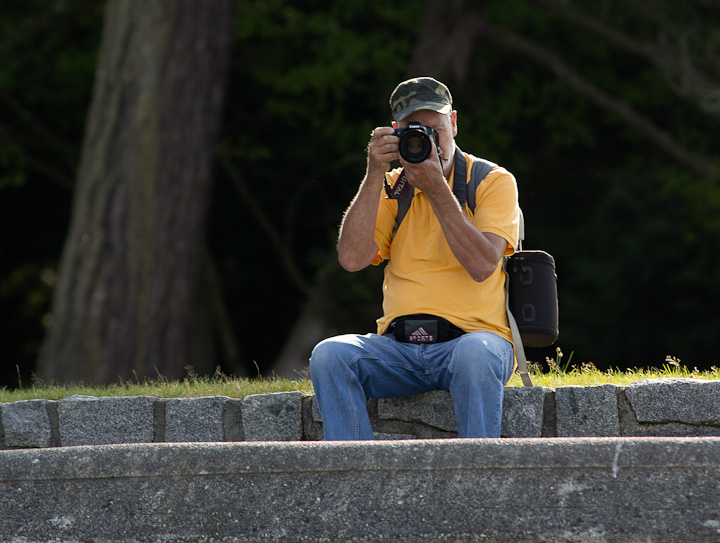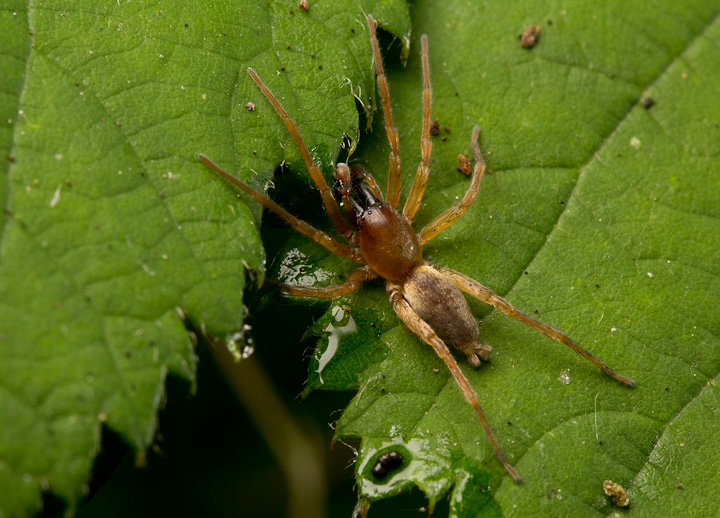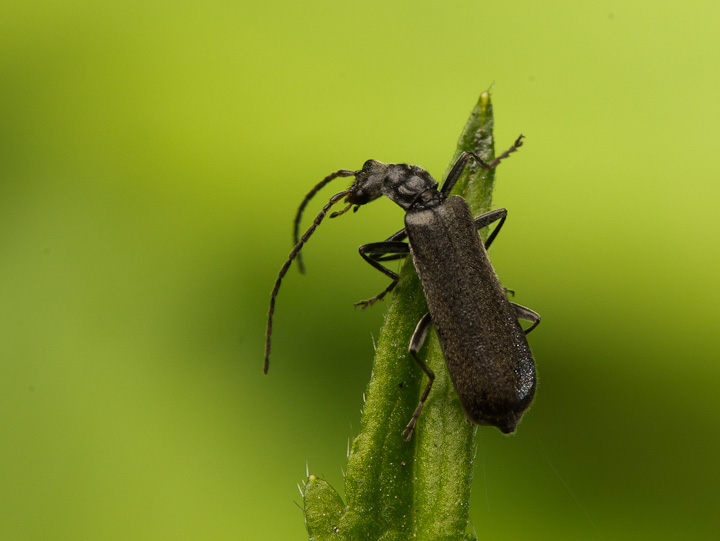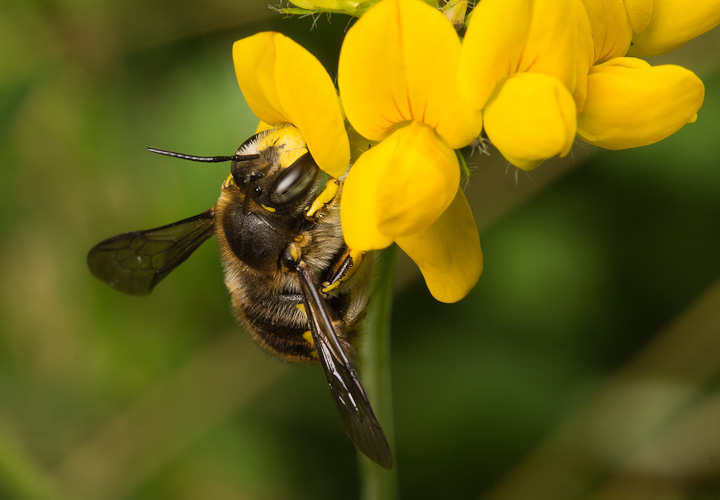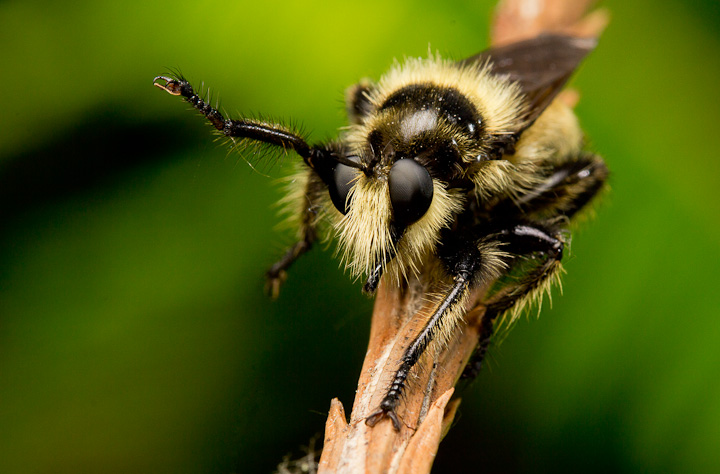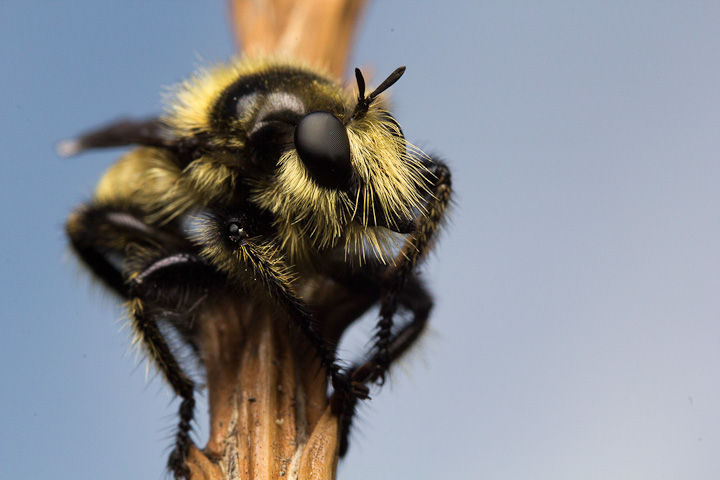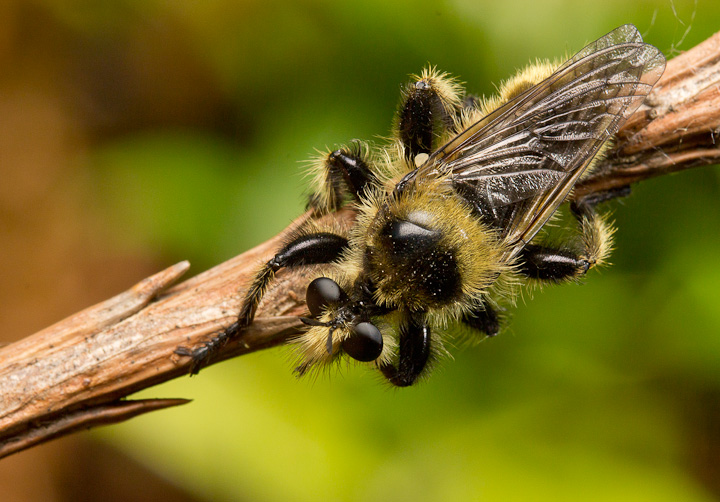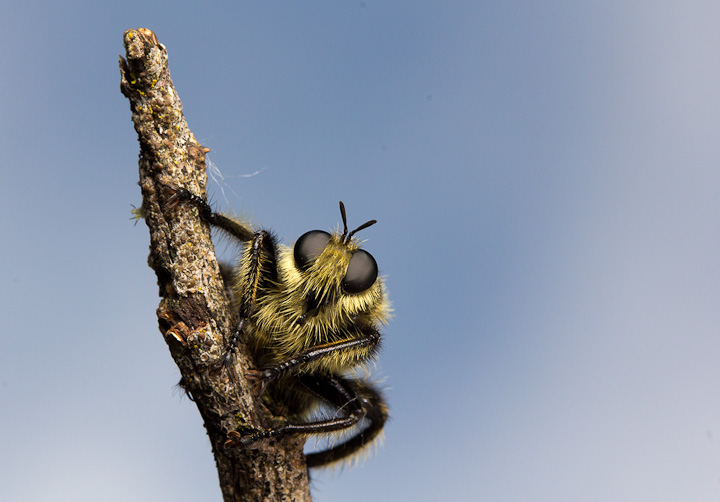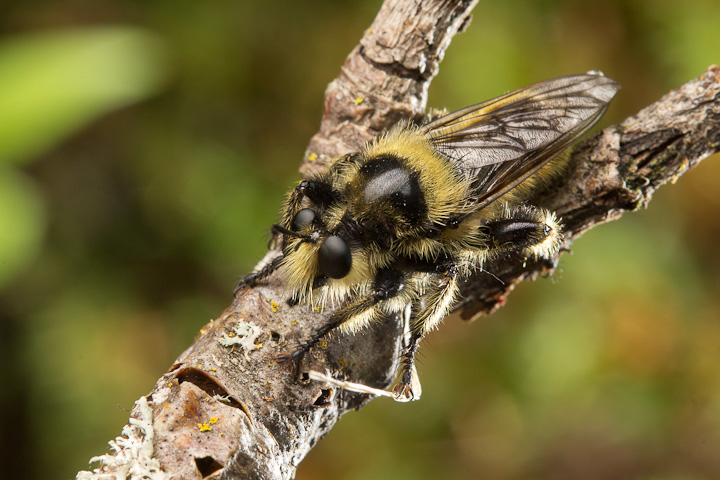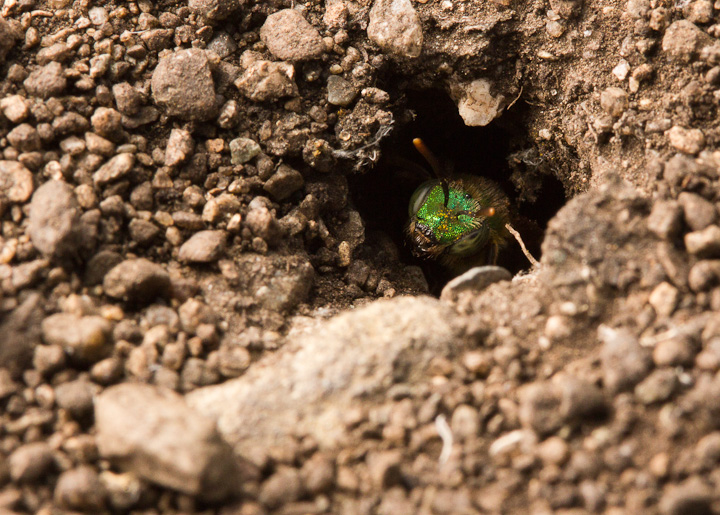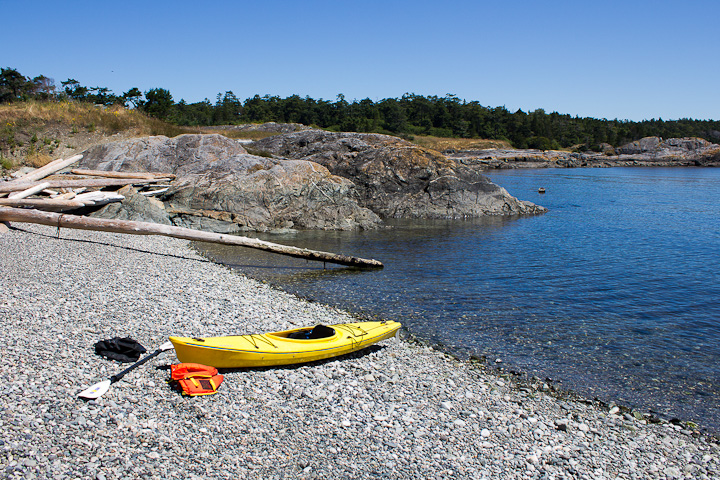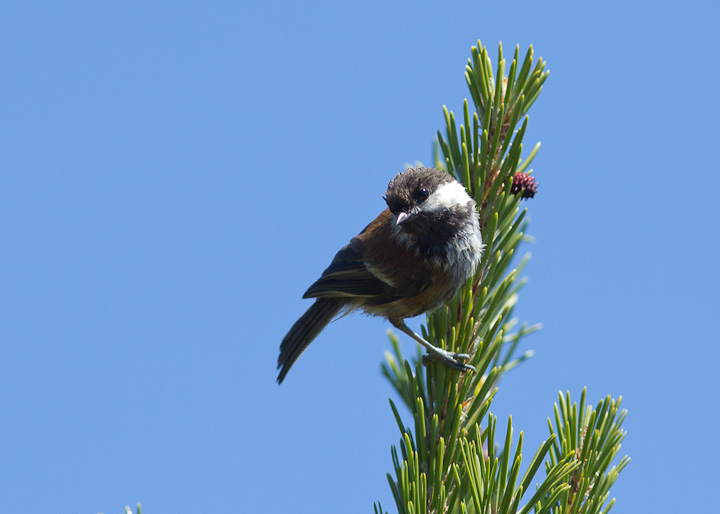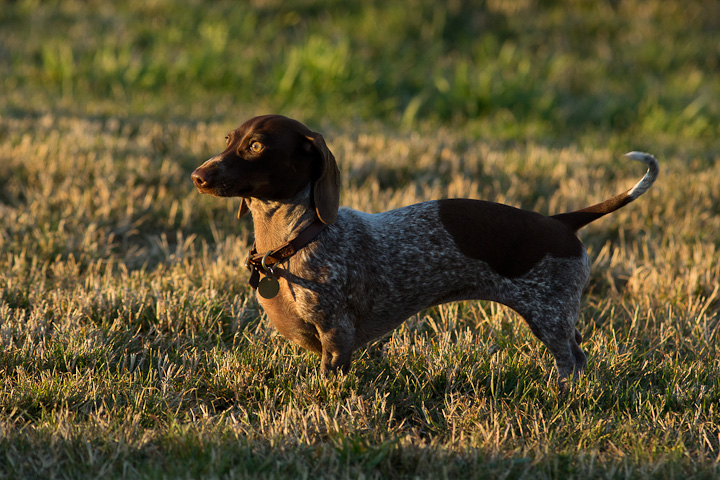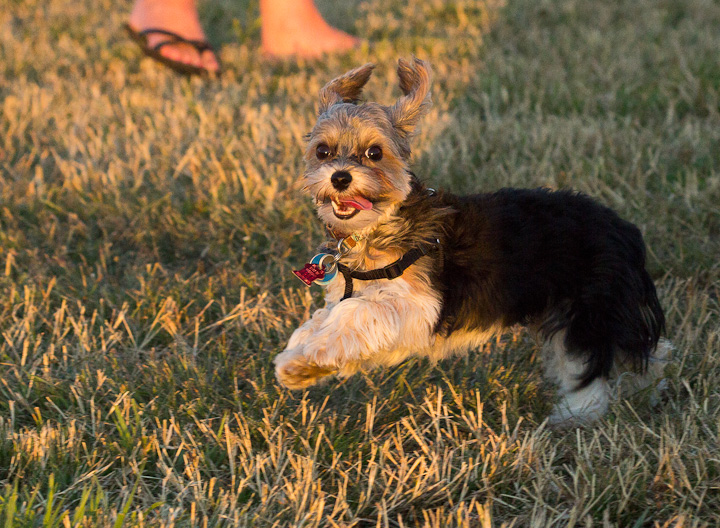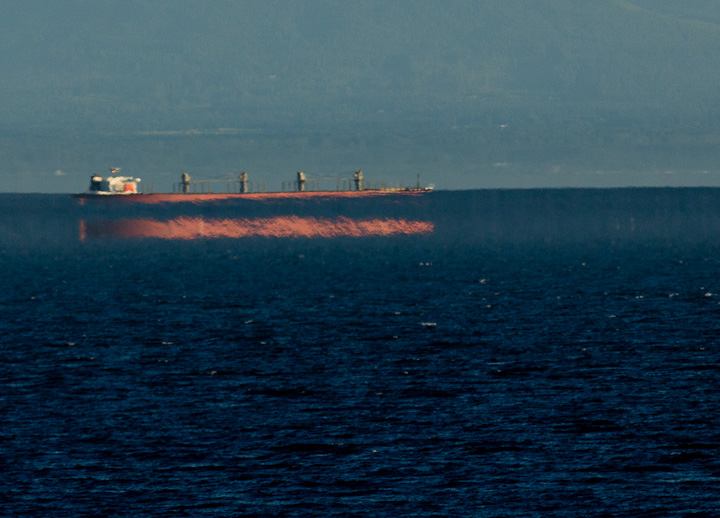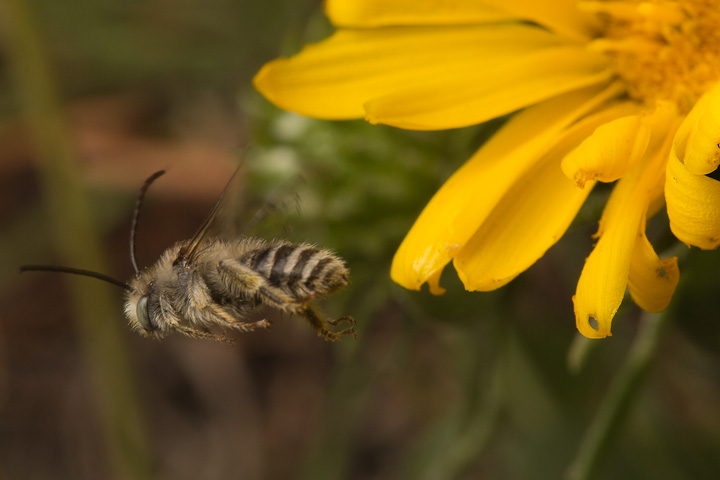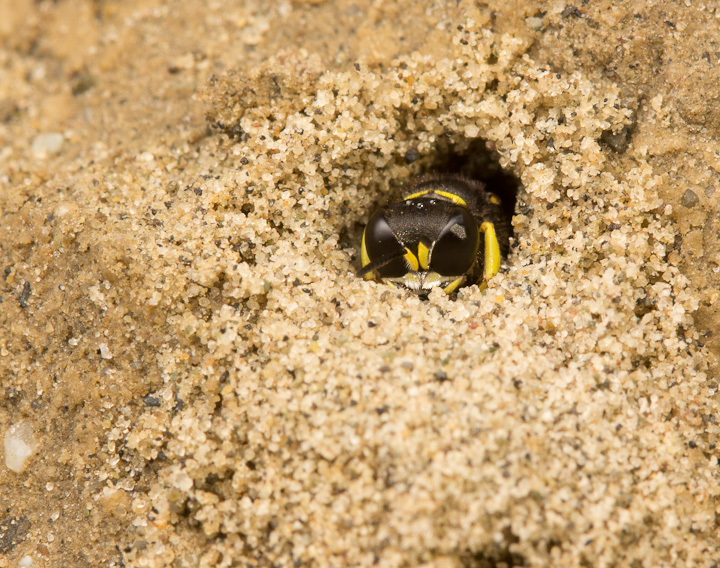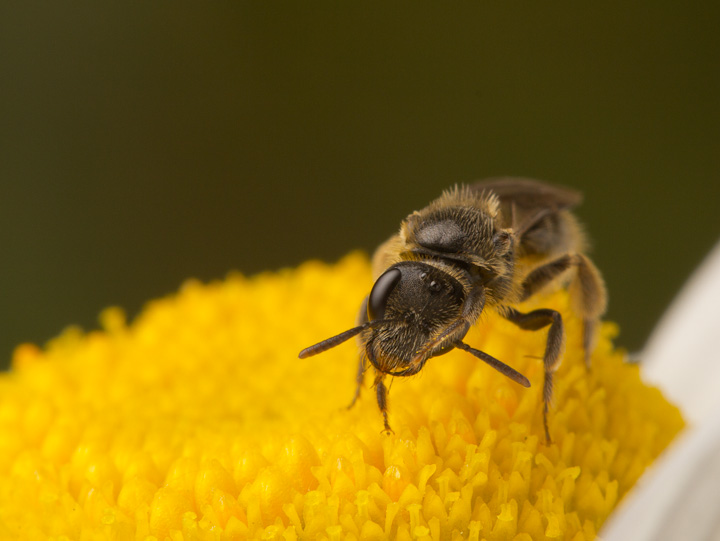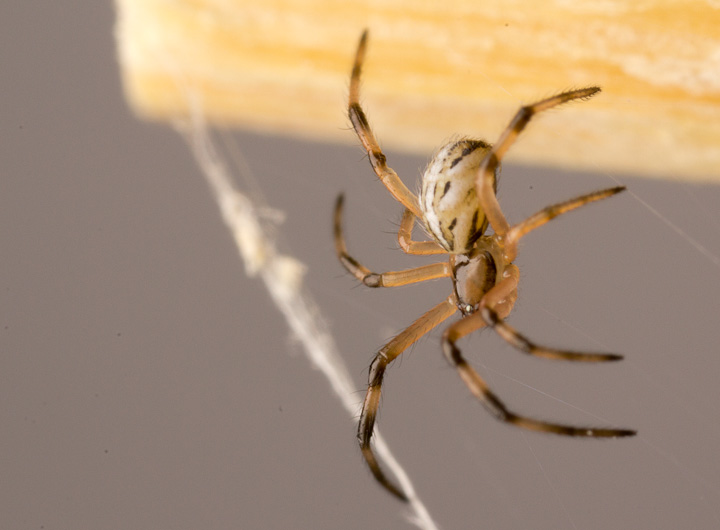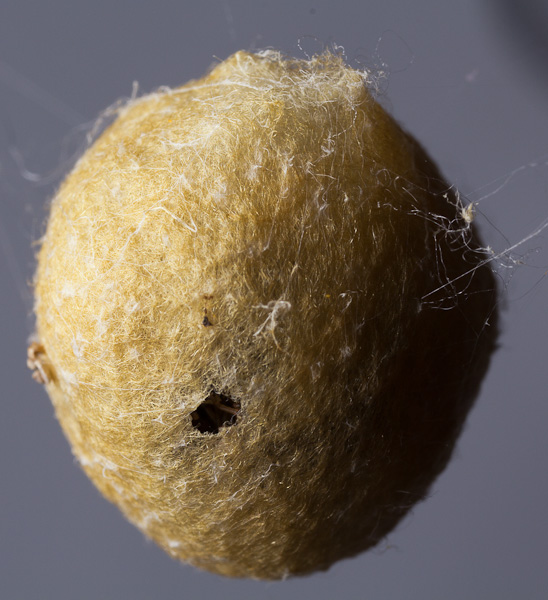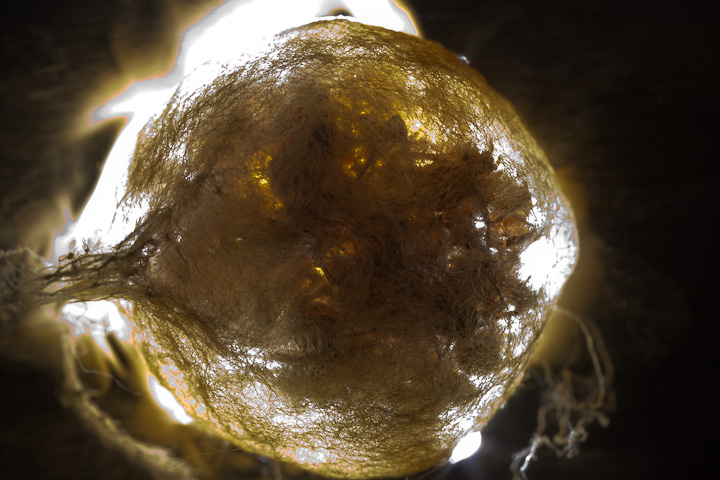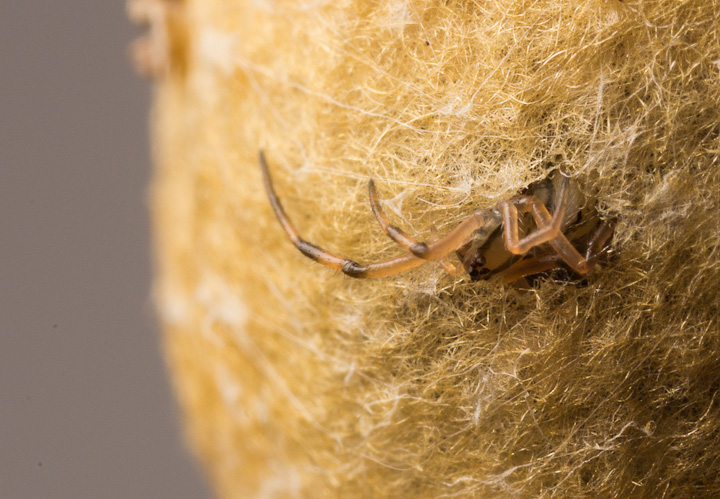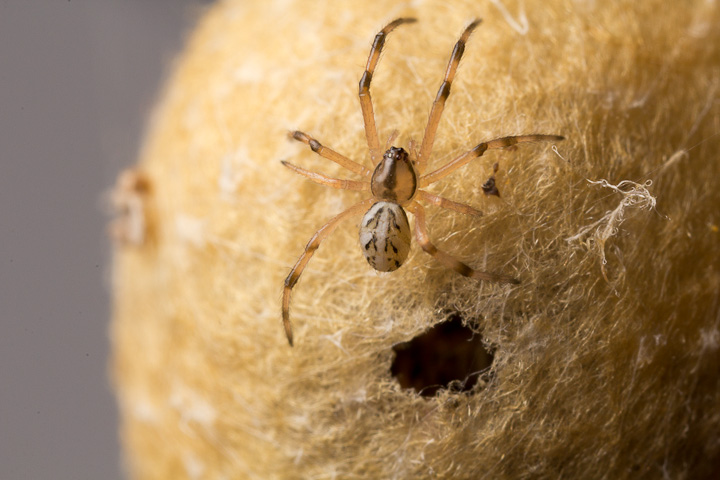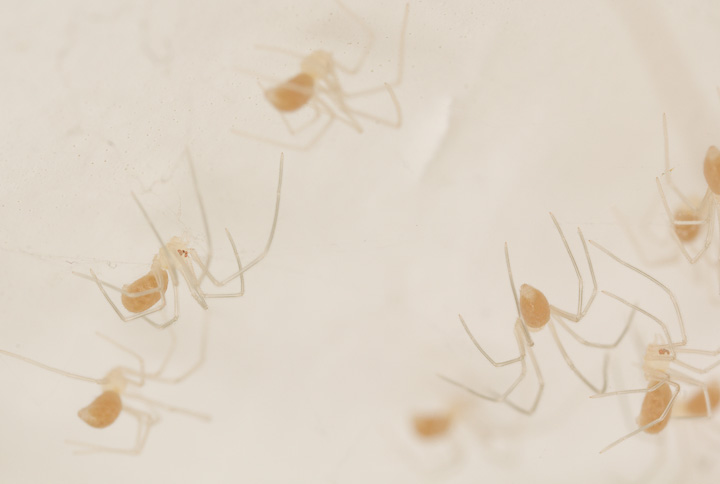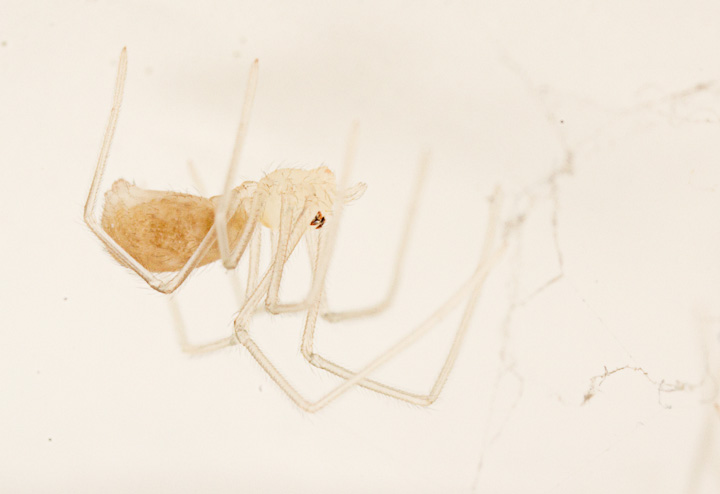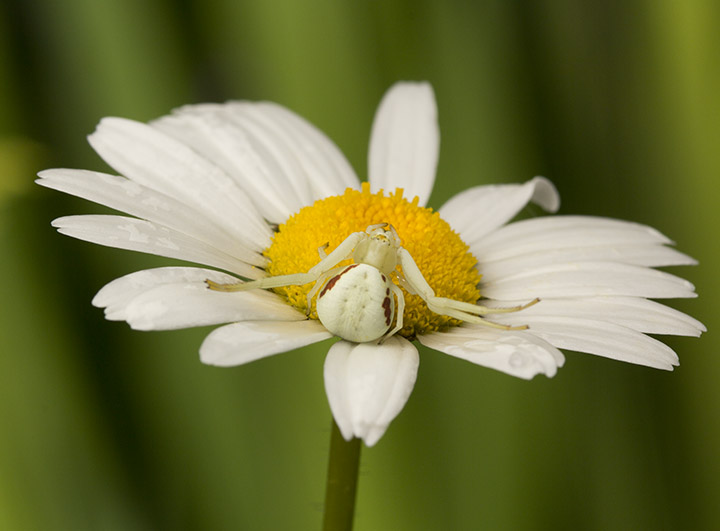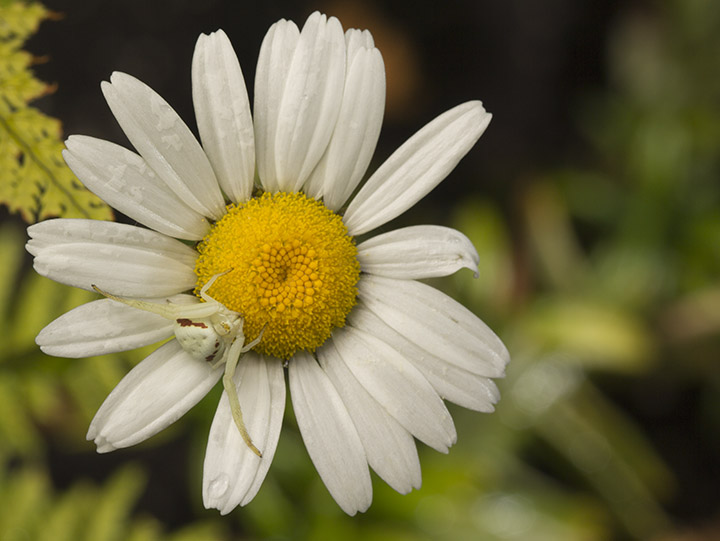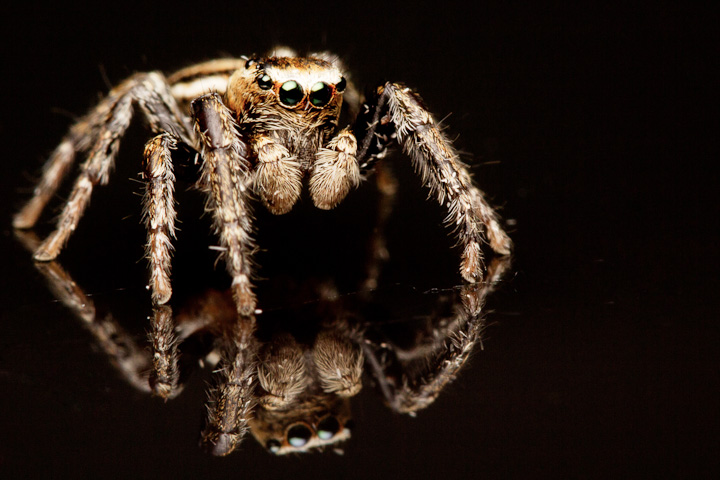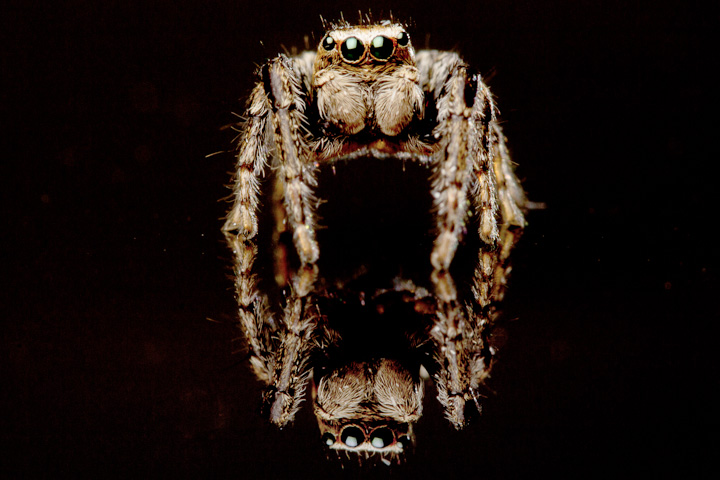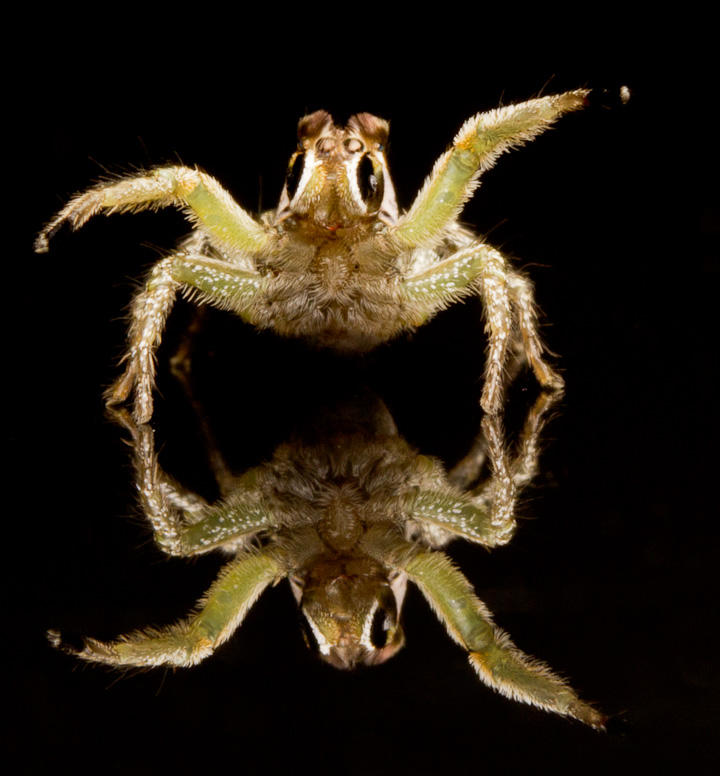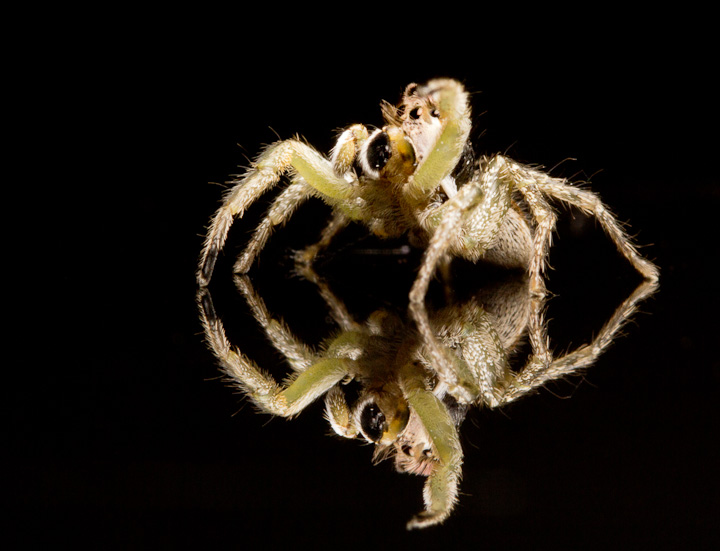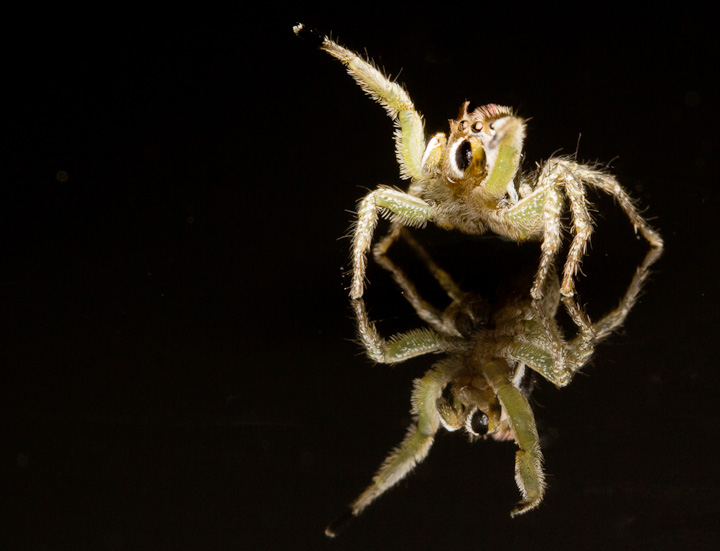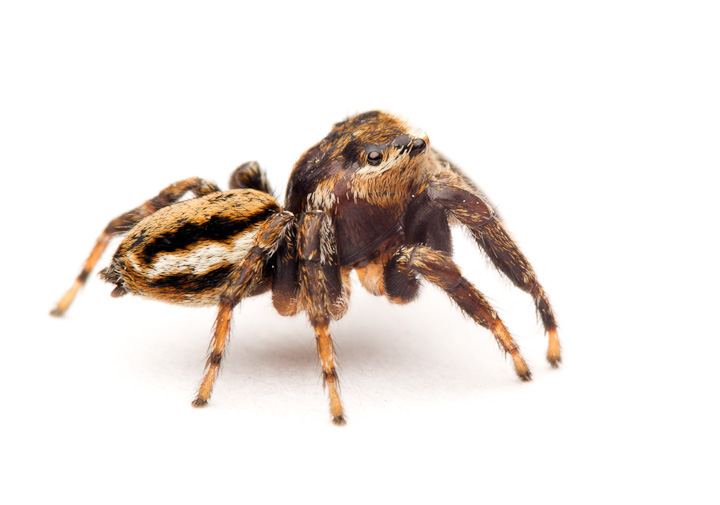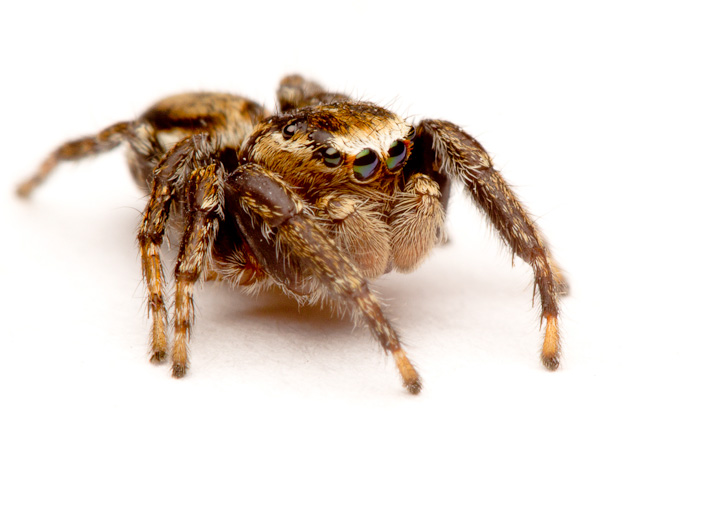
Trying my hand at bike-borne photography, this is my shot of a jet coming in to YVR. Note the Guaranteed Terrorist Proof® Fence!
This weekend Expedition, my dad and I paid a visit to Iona Beach, a place that has been very productive in the past. We took our bikes out there, the better to enjoy the scorching sun and cloudless skies…
Like many hot and dry days, this trip was not as productive as it might have been, with many critters deep in shelter, and those that remain active remaining VERY active. Nonetheless, we did turn up a few cool animals, and I hope you enjoy the pics!
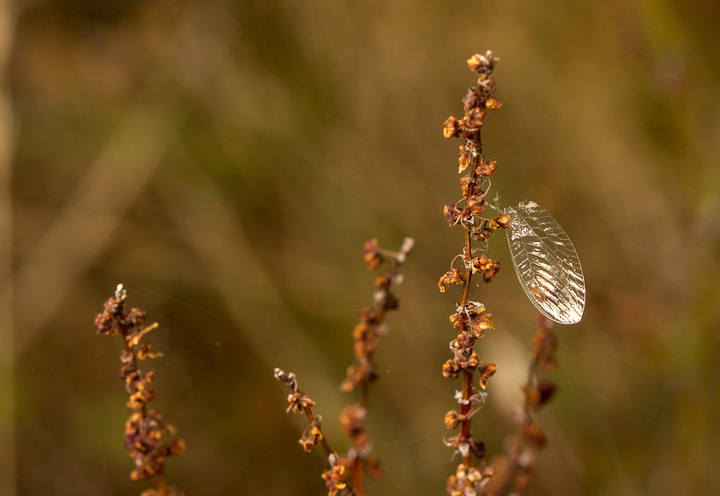
The unhappy remains of a green lacewing?

This little garter snake was under a log near the beach.

A Philanthus gibbosus beewolf, so called because they feed their young bees.

A Damsel Bug (Nabidae) haunts the under-log world.

There were few jumpers evident this time, which was a bit of a disappointment, but I did find this one female Habronattus.

A Hobo Spider (Tegenaria agrestis) is actually a pretty elegant looking thing!
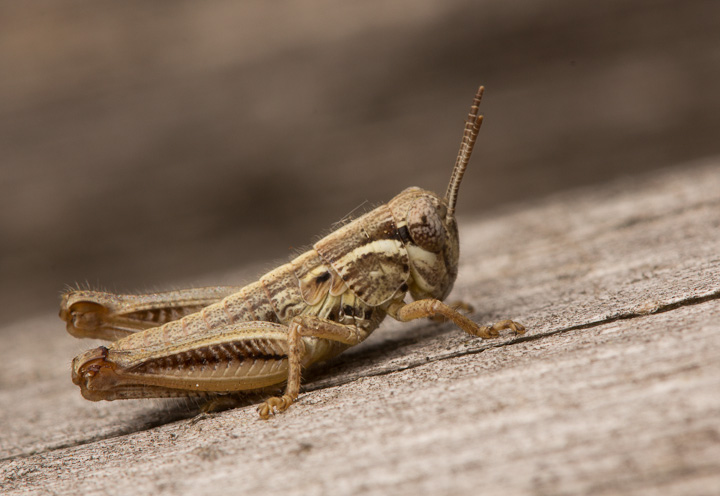
There were many nymphal grasshoppers around, or as I like to call them, spider food!

A female Wolf Spider with a nest and an egg sac!
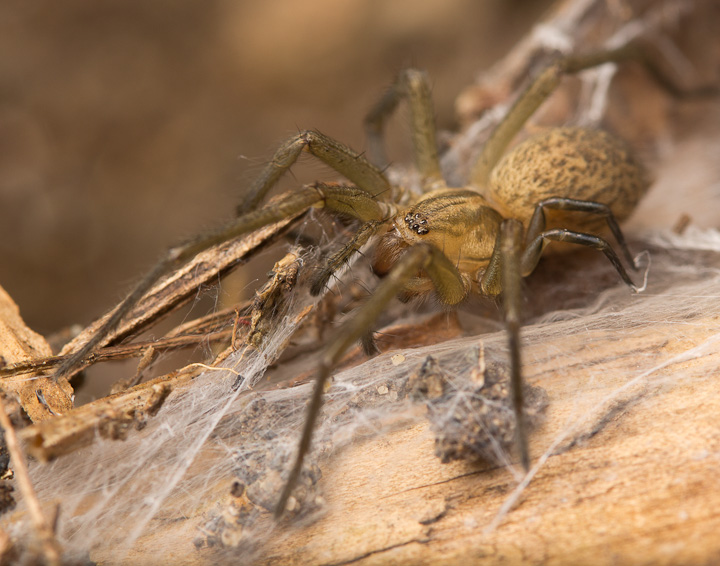
Check out the markings on this Hobo!

The dreaded Dysdera crocata, or Woodlouse Hinter.

A tentful of caterpillars on alder.

I wish I knew my grasshopper well enough to even say what genus this is in…


The buttonflowers can be productive for Hymenoptera.
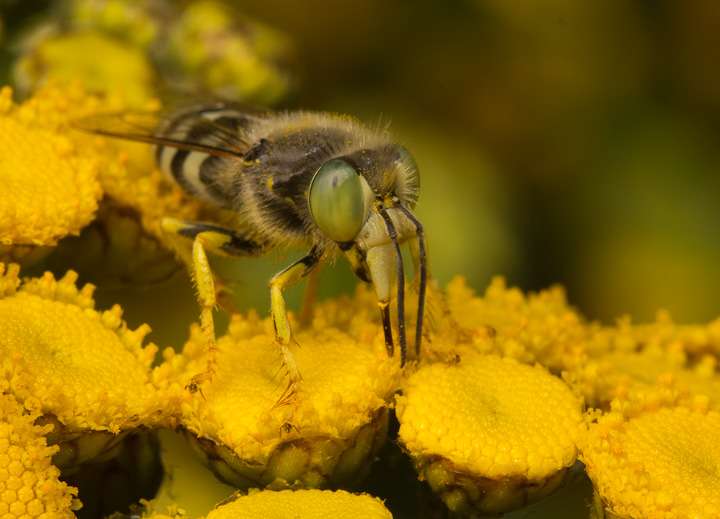
Bembix Sand Wasp. Check out its crazy labrum!
All in all, the Expedition was not terribly fruitful. In the future I need to get out closer to dawn so as to take advantage of the less-active insects and better light…I made up for it Sunday with a bit of grant-writing at home and some prep for Cheapskate Tuesday.
